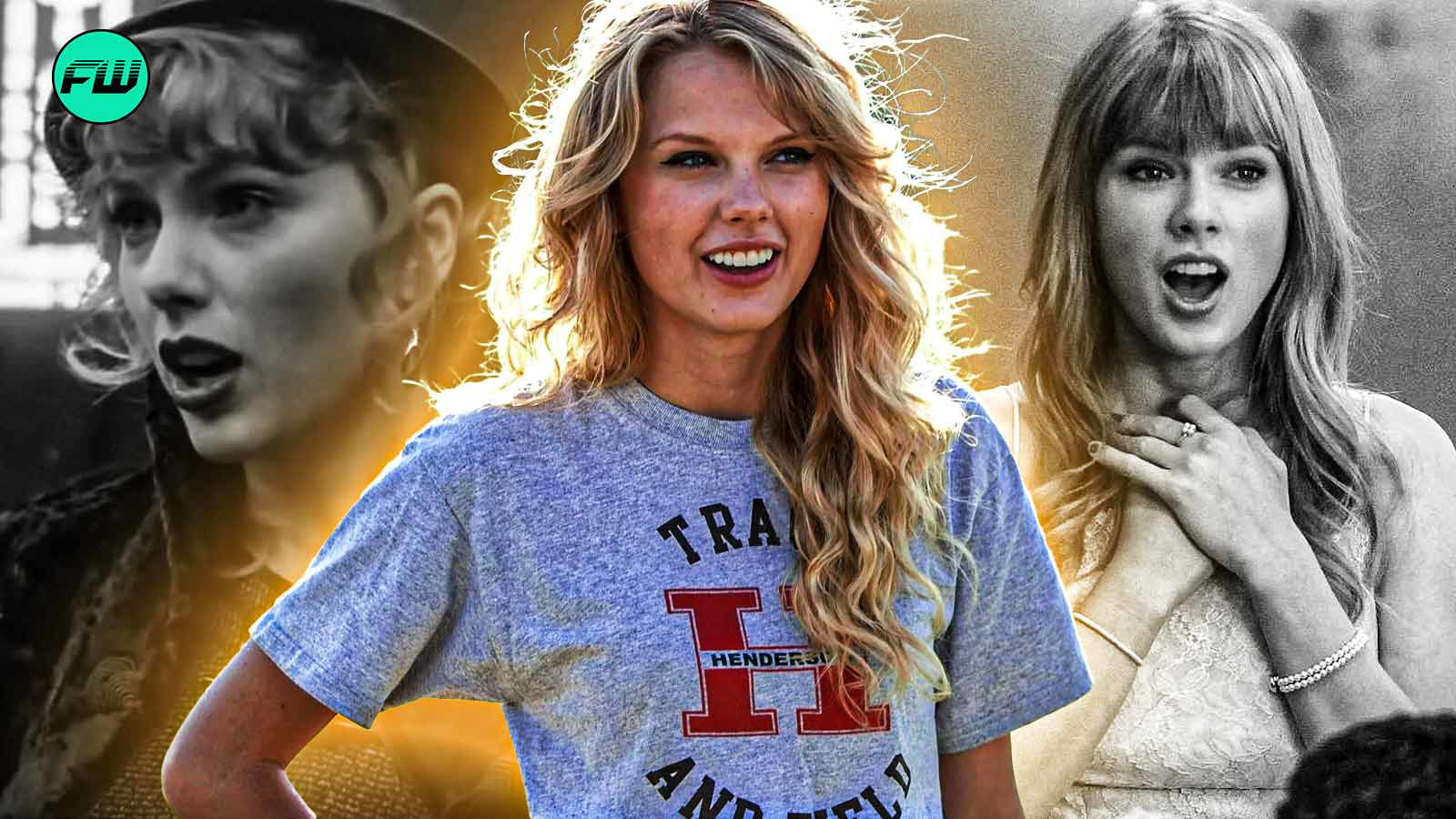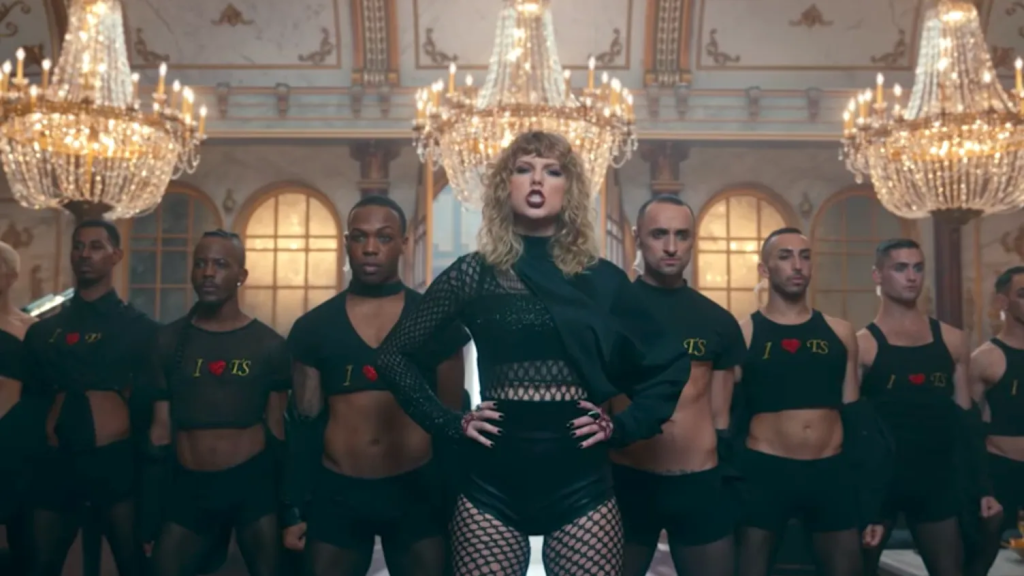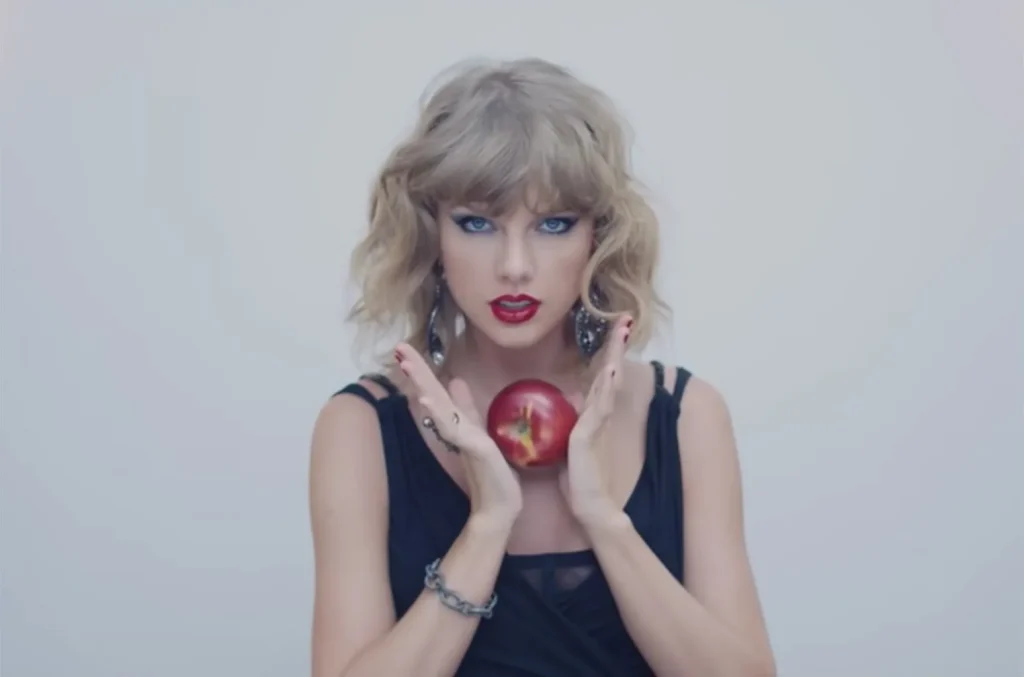Taylor Swift was labelled a “boy-crazy-man-eater” at the age of 22, which led her down an isolated path that turned into a creative journey.

In the world of pop music, few figures have faced as much scrutiny as Taylor Swift. From her early days as a country singer to her transformation into a global pop phenomenon, she has continually navigated the challenges of fame, often finding herself at the center of intense media criticism and public perception.
 Taylor Swift in “Look What You Made Me Do” music video | Credits: youtube.com/taylor-swift
Taylor Swift in “Look What You Made Me Do” music video | Credits: youtube.com/taylor-swift
Behind the glitzy exterior, however, lies a narrative shaped by harsh judgments, personal revelations, and a fierce commitment to her artistry. So let’s delve into the defining moments of Swift’s career, particularly focusing on the backlash she faced during her formative years, and how this led to a significant personal choice: a two-year hiatus from dating.
The “Boy-crazy Man-eater” Label and Its Impact on Taylor Swift
 Taylor Swift in a still from her single Blank Space (image credit: Big Machine)
Taylor Swift in a still from her single Blank Space (image credit: Big Machine)
In a candid interview with The Rolling Stone, Taylor Swift recounted how, at the tender age of 22, she was dubbed a “boy-crazy man-eater” by the media. This label, laden with judgment, reflected a broader societal tendency to harshly critique women for their romantic lives, a theme that she’s been grappling with for years.
I’ve had several upheavals in my career. When I was 18, they were like, “She doesn’t really write those songs.” So my third album I wrote by myself as a reaction to that. Then they decided I was a serial dater — a boy-crazy man-eater — when I was 22. And so I didn’t date anyone for, like, two years. And then they decided in 2016 that absolutely everything about me was wrong.
This period of solitude was characterized by an intense focus on her music, culminating in some of her most introspective and powerful songwriting. As she observed, “If I did something good, it was for the wrong reasons. If I did something brave, I didn’t do it correctly.” The weight of public opinion was suffocating, forcing her to retreat from the very relationships that could have provided comfort.
The singer’s narrative resonates deeply with many, highlighting the double standards women face in the public eye. While male artists often escape similar critiques, Swift’s experiences reflect a pervasive culture of judgment aimed at women, particularly regarding their choices in love and relationships.
The Double Standards of Criticism in the Music Industry
 Taylor Swift is still helping bestie Blake Lively for It Ends With Us ll Image by jazills, licensed under CC BY 2.0, via Wikimedia Commons
Taylor Swift is still helping bestie Blake Lively for It Ends With Us ll Image by jazills, licensed under CC BY 2.0, via Wikimedia Commons
Swift has long been an emblem of resilience in the face of industry double standards, especially when it comes to how relationships are portrayed in music. The critical lens focused on Swift not only reflects her personal life but also on the broader societal expectations of women in the entertainment industry.
The backlash she experienced for writing about her relationships starkly contrasts with how male artists are celebrated for similar themes. Swift’s journey through the music industry has been marked by moments of both vulnerability and strength.
While the labels and criticisms stung, they also fueled her creativity, leading to powerful albums that encapsulate her experiences and emotions. Songs like Delicate and Call It What You Want serve as reflections of her personal growth, illustrating that even in the midst of chaos, there can be profound moments of beauty and clarity.
Taylor Swift’s evolution as an artist and individual has been shaped by a complex interplay of public perception and personal resilience. The “boy-crazy man-eater” label may have forced her into a two-year hiatus from dating, but it also allowed her to channel her energy into her music, ultimately leading to some of her most celebrated works.
